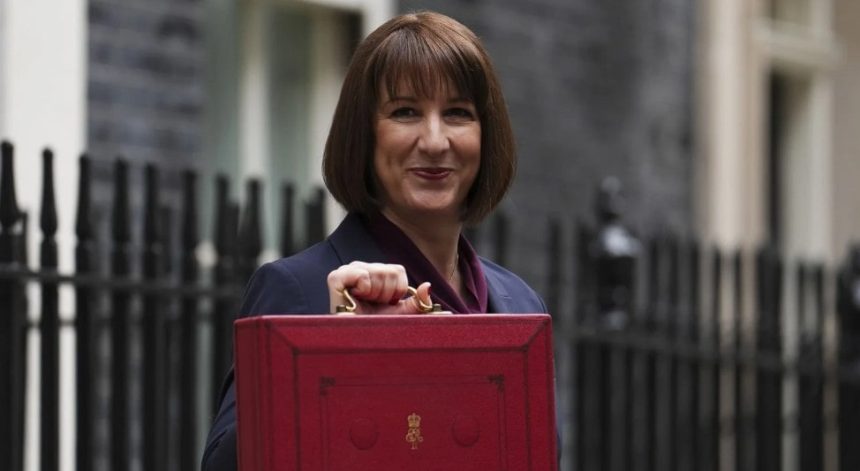Rachel Reeves to Offer Guaranteed Paid Work for Long-Term Unemployed Young People
Youthful people who have been jobless or out of education for 18 months will soon be offered guaranteed paid work placements, Chancellor Rachel Reeves is set to announce at Labour’s periodic conference in Liverpool.
Those who refuse the offer without a valid reason could face losing their benefits. In her address, Reeves will promise “nothing less than the abolition of long-term youth unemployment,” motioning a bold step in diving into youth retirement.
The chancellor is also anticipated to stress the significance of a society erected on”contribution,” where”hard work is matched by fair reward.”
The initiative comes ahead of November’s Budget, at a time when Reeves faces the twin challenge of boosting economic growth while keeping public finances in check.
Her decisions have already sparked debate, with some urging her to revisit earlier tax plans amid the mounting fiscal pressures.
This new scheme builds on the “youth guarantee” unveiled last November, which aimed to ensure every 18 to 21-year-old in England had access to apprenticeships, training, education opportunities, or job support.
Under the latest plan, any young person on Universal Credit for 18 months without “earning or learning” will be offered a paid work placement. Refusal to participate without a reasonable excuse could trigger benefit sanctions.
NEW: Rachel Reeves has announced that every young person who has been on Universal Credit for 18 months without earning or learning will soon be offered a guaranteed paid work placement
Those that refuse the offer will face losing their benefits
— Politics UK (@PolitlcsUK) September 28, 2025
The placements are designed to help young people gain chops and experience that lead to full-time employment.
Current numbers show one in eight 16-24-year-olds, around 948,000, aren’t in education, employment, or training, a number that peaked at 987,000 at the end of last year.
The programme will work alongside employment support and work placements run by the Department for Work and Pensions, with private companies anticipated to contribute towards the stipend.
The government has not provided a cost estimate, but will fund the scheme from existing budgets outlined in this year’s spending review. Full details will be revealed in the November Budget.
Economists have warned Reeves that balancing the books may require tax rises or spending cuts, making this Budget particularly challenging.
In her speech, the chancellor will say: “I will never be satisfied while too many people’s potential is wasted, frozen out of employment, education, or training.
There’s no defending it. It’s bad for business, bad for taxpayers, bad for our economy, and it scars people’s prospects throughout their lives.”
She will add: “Just as the last Labour government, with its new deal for young people, abolished long-term youth unemployment I can commit this government to nothing less than the abolition of long-term youth unemployment.”
The announcement received praise from the Federation of Small Businesses. Policy chair Tina McKenzie described it as “hugely important,” noting: “Reprioritising spending from employment programmes which aren’t working to this type of scheme is exactly the way to get much-needed bang for taxpayer cash.”
McKenzie added that careful planning is essential, particularly to support those over 25, young people with health challenges, and small businesses’ participation.
However, concerns remain about whether firms facing rising National Insurance contributions and minimum wage increases will be able to absorb large numbers of new employees. Job vacancies in the UK have already fallen to their lowest level since the pandemic.
Reeves is expected to emphasise a vision of a “Britain based on opportunity,” where “ordinary kids can flourish, unhindered by their background,” reinforcing her belief in contribution-based fairness.
She will also pledge to fund a library in every primary school in England. Currently, about one-in-seven state primary schools lack a library, rising to one-in-four in disadvantaged areas, according to the National Literacy Trust.






